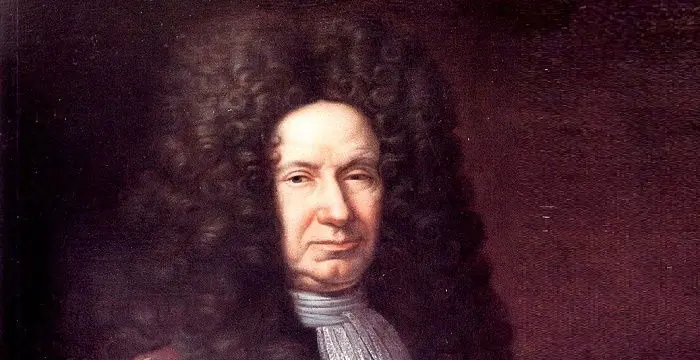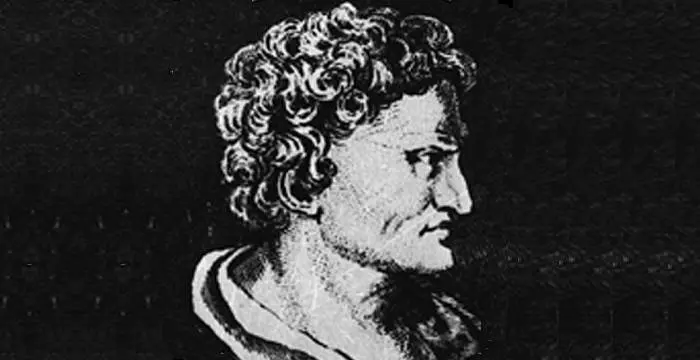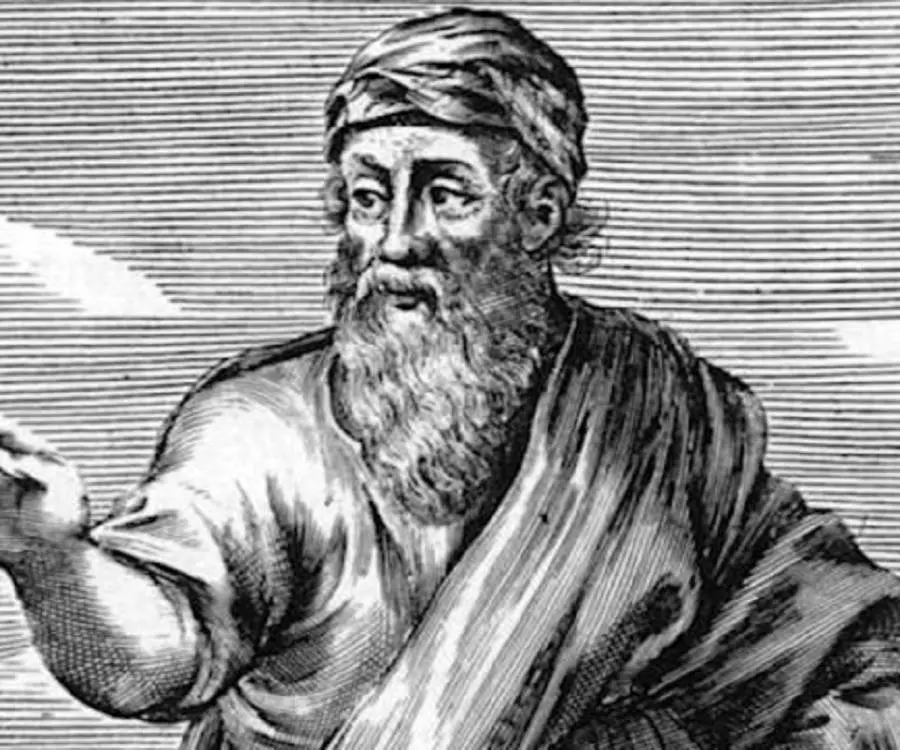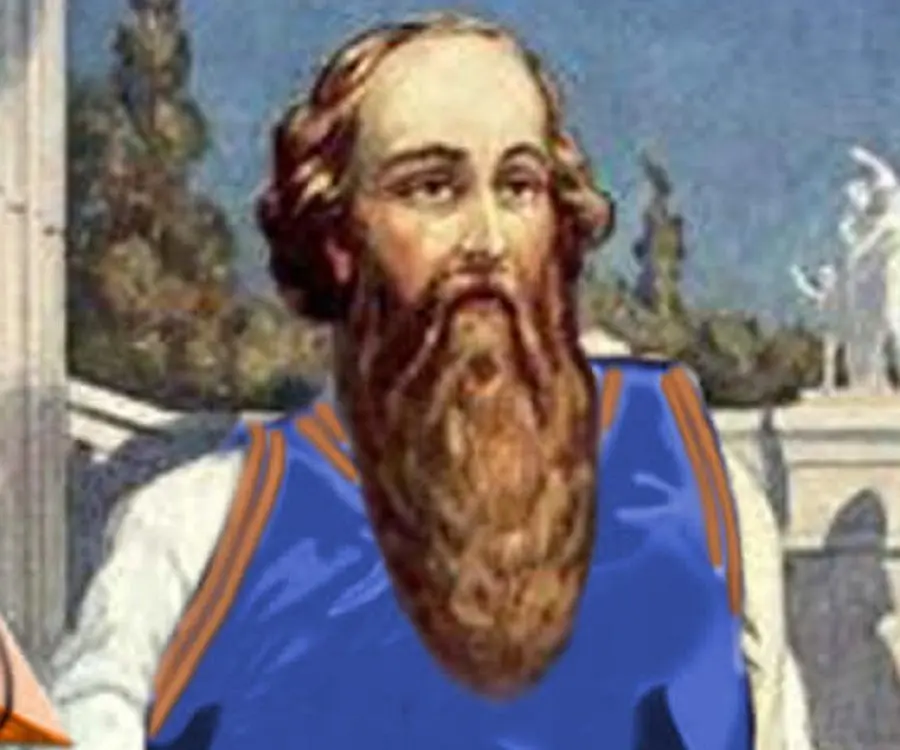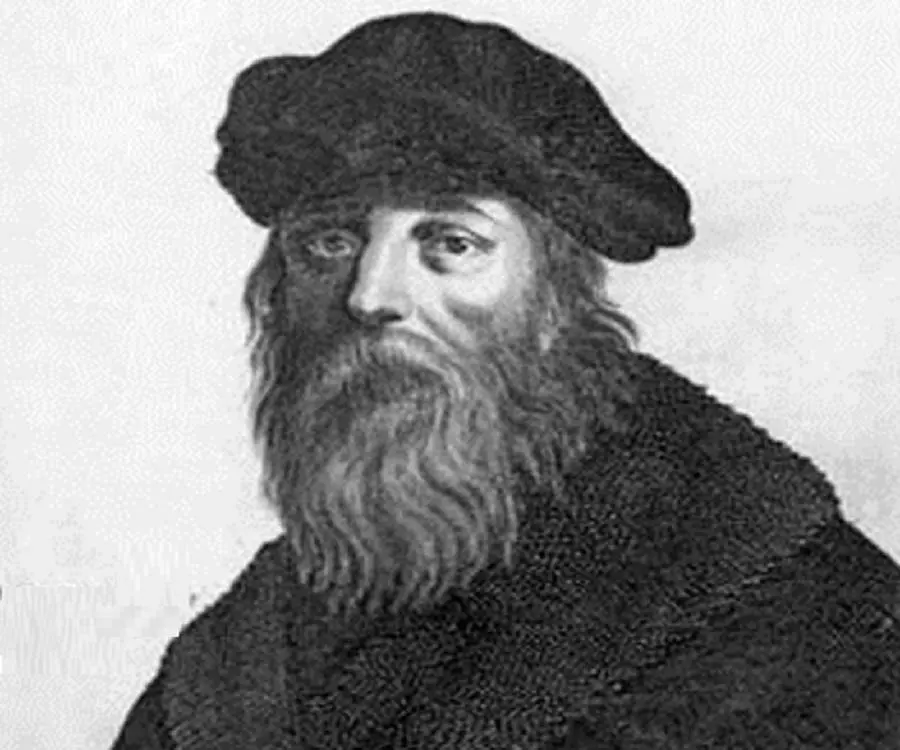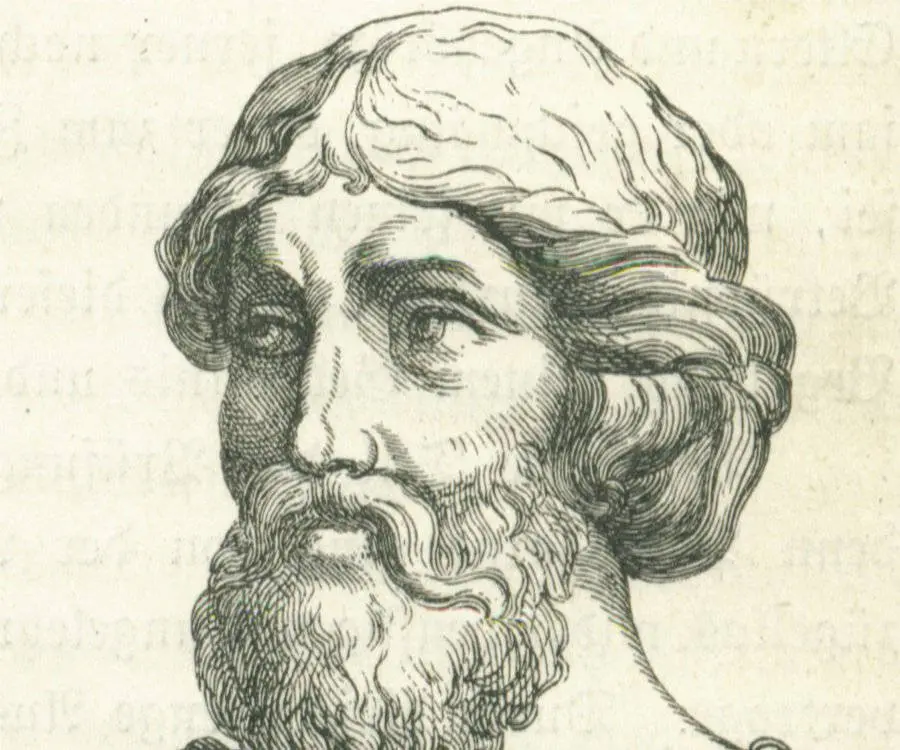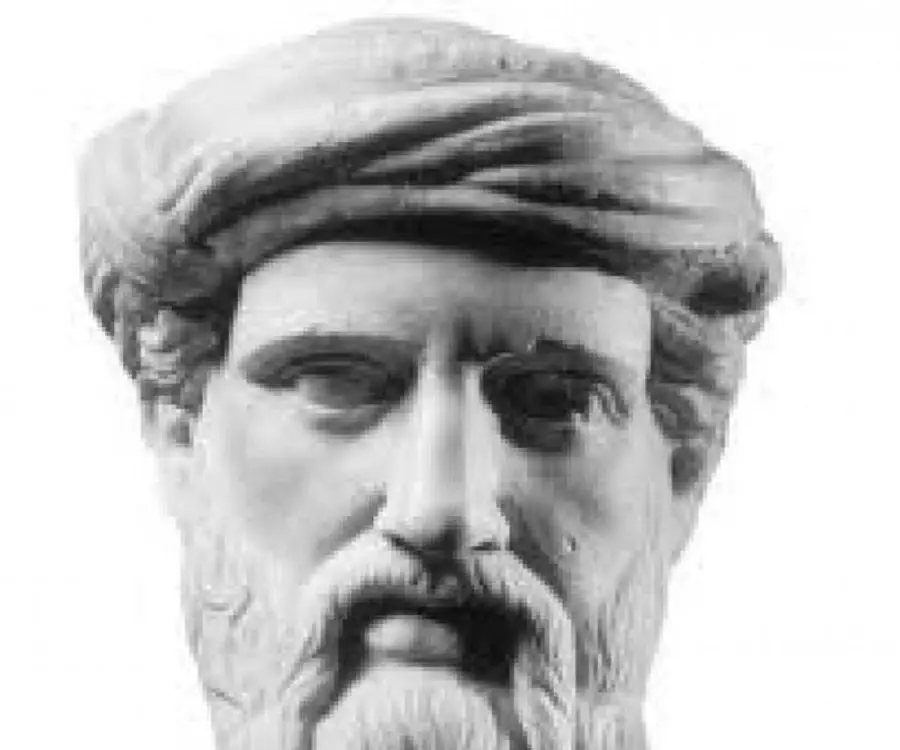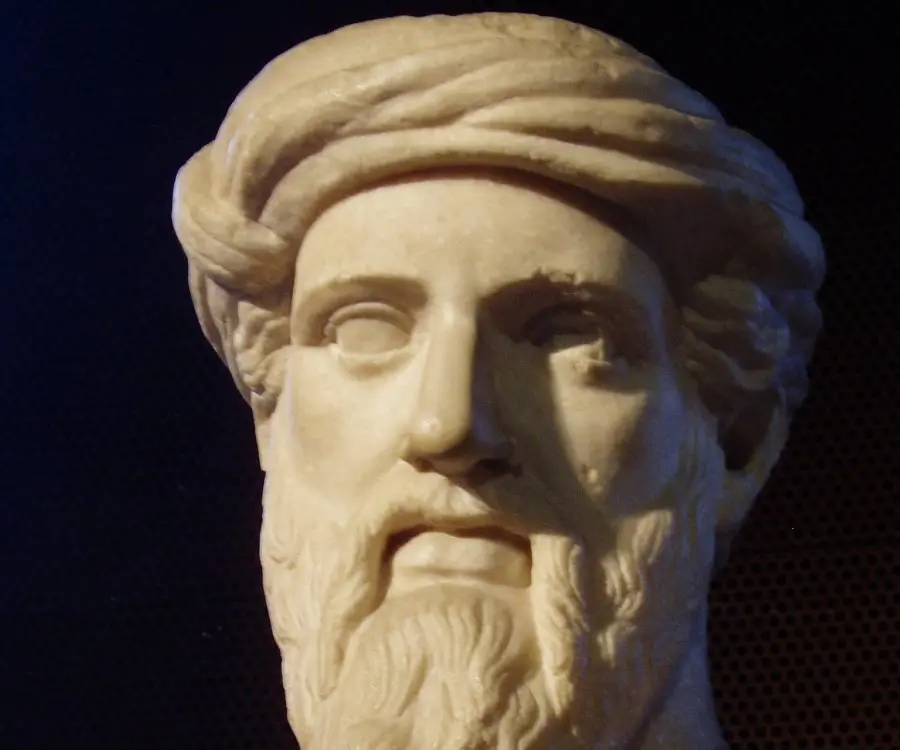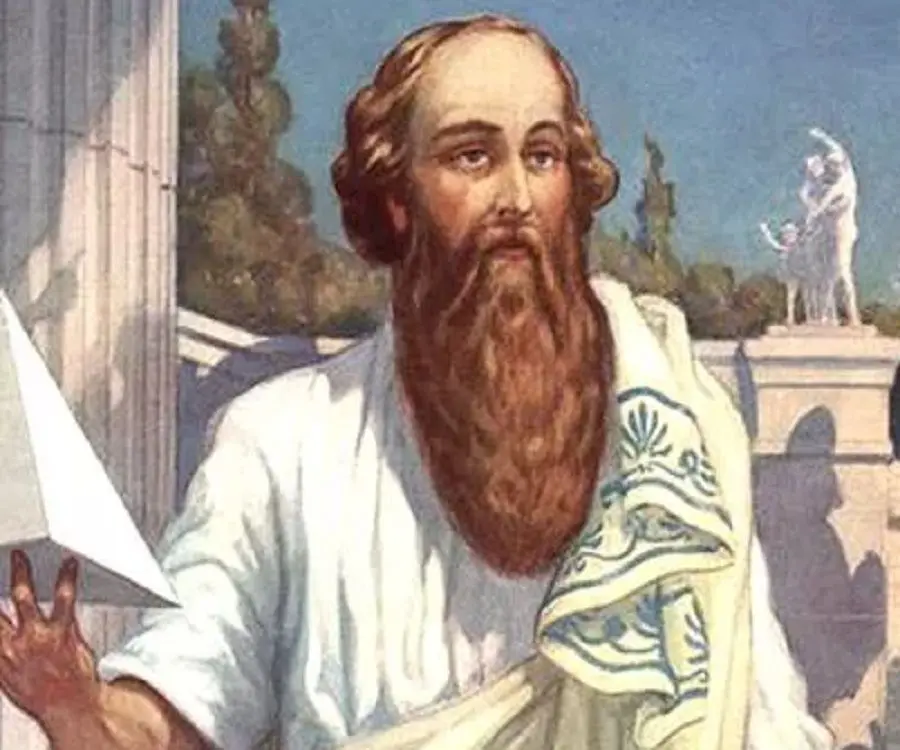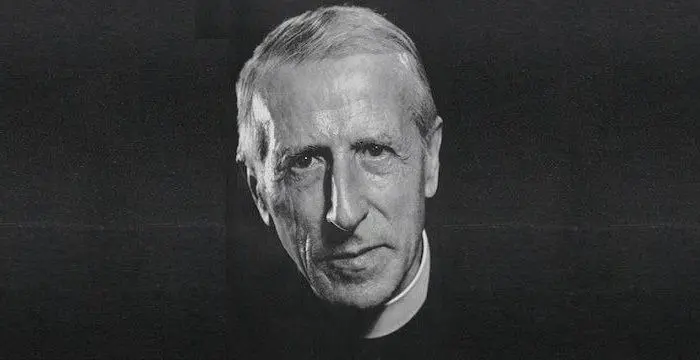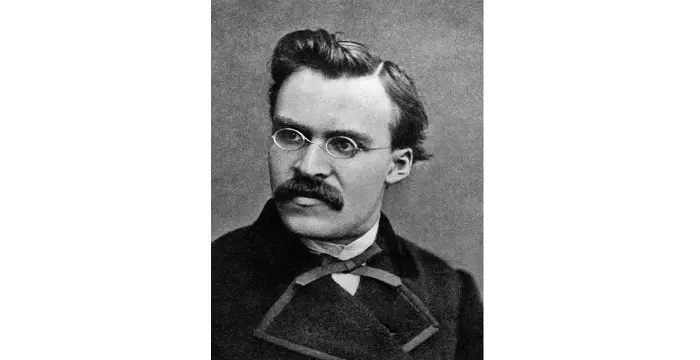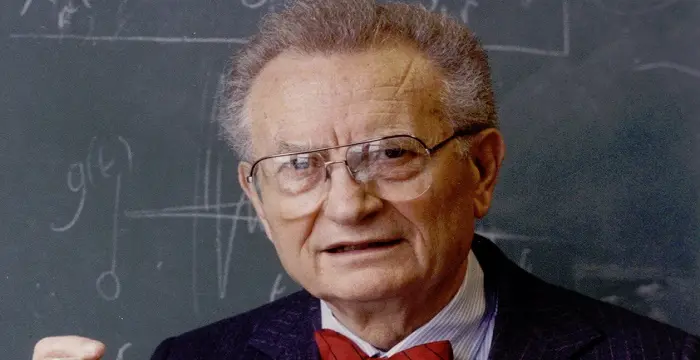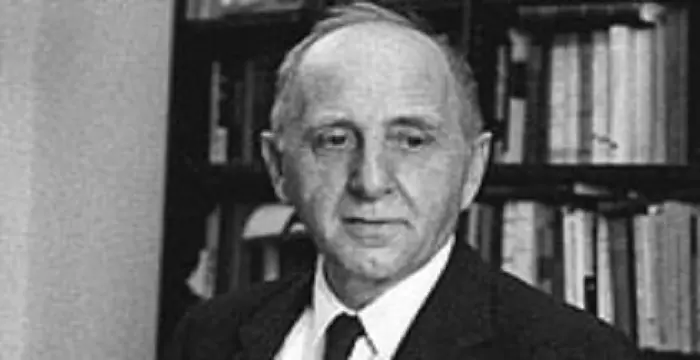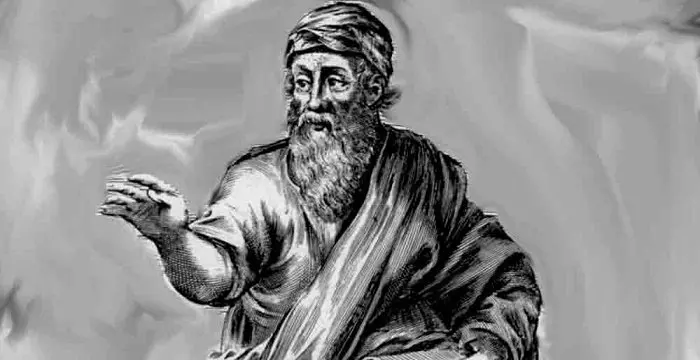
Pythagoras - Philosophers, Timeline and Life
Pythagoras's Personal Details
Pythagoras of Samos was a Greek mathematician and philosopher
| Information | Detail |
|---|---|
| Birthday | 570 BC |
| Nationality | Greek |
| Famous | Intellectuals & Academics, Philosophers, Mathematicians, Mathematicians, Philosophers |
| Spouses | Theano |
| Childrens | Arignote, Damo, Myia, Telauges |
| Universities |
|
| Birth Place | Samos |
| Gender | Male |
| Father | Mnesarchus |
| Mother | Pythais |
| Born in | Samos |
| Famous as | Philosopher and Mathematician |
| Died at Age | 75 |
// Famous Mathematicians
Brahmagupta
Brahmagupta was a highly accomplished ancient Indian astronomer and mathematician. This biography of Brahmagupta provides detailed information about his childhood, life, achievements, works & timeline.
Giovanni Domenico Cassini
Giovanni Cassini was a 17th century Italian mathematician, astronomer and astrologer. This biography of Giovanni Cassini provides detailed information about his childhood, life, achievements, works & timeline.
Hipparchus
Hipparchus was a Greek astronomer and mathematician. This biography profiles his childhood, life, achievements and timeline.
Pythagoras's photo
Who is Pythagoras?
Pythagoras was an Ionian philosopher and mathematician, born in sixth century BC in Samos. Most of the information available today has been recorded a few centuries after his death and as a result, many of the available accounts contradict each other. However, this much is certain that he was born to a merchant from Tyre and had studied under various teachers since his early childhood. When he was around forty years old, he left Samos. Some say he went to Egypt to study under the temple priests and returned after fifteen years while others say that he went straight to Croton to open a school. Nonetheless, it is certain that his main place of activity was Croton and there he set up a brotherhood and made important contribution to mathematics, philosophy and music. His followers, known as Pythagoreans, maintained strict loyalty and secrecy. Another established fact is that Pythagoras travelled extensively. Some accounts also claim that he went to India to study under Hindu Brahmins. Contradiction also exists about his death; but there is unanimity that he was hounded and killed by his enemies. .
// Famous Philosophers
Roland Barthes
Roland Barthes was a French literary theorist, critic and semiotician. This biography profiles his childhood, life, works, achievements and timeline.
Pierre Teilhard de Chardin
Pierre Teilhard de Chardin was a famous French philosopher and a priest who was also known for his controversial writings. Read more about the life and works of this philosopher in the following article.
Friedrich Nietzsche
Friedrich Nietzsche was a famous 19th century German philosopher and philologist. Check out this biography to know about his childhood, family, life history and achievements.
Childhood & Early Life
Pythagoras was born in the eastern Aegean island of Samos, Greece in 570 BC. It is believed that his mother, Pythias, was a native of the island while his father, Mnesarchus, was a merchant from Tyre (Lebanon), dealing in gems. It is also said that he had two or three siblings.
Pythagoras spent most of his early childhood at Samos. As he grew up, he began to accompany his father on his trading trips. It is believed that Mnesarchus once took him to Tyre, where he studied under scholars from Syria. It is possible that he might have also visited Italy during those early years.
Subsequently, Pythagoras studied extensively under different teachers. He learned poetry, could recite Homer and play the lyre. Apart from scholars from Syria, he also studied under wise men of Chaldea. Pherecydes of Syros was also one of his early teachers under whom he studied philosophy. .
At the age of eighteen, Pythagoras traveled to Miletus to meet Thales, a master of mathematics and astronomy. Although by then Thales had become too old to teach, the meeting was quite fruitful; it elicited in him an interest in science, mathematics and astronomy.
He must have also studied under Thales’ student Anaximander. The later works of Pythagoras show a striking similarity with the works of Anaximander. Both his astronomical and geometrical theories seem to have naturally developed from the theories of the elder philosopher.
In 535 BC, Pythagoras left for Egypt to study under the temple priests. Earlier Thales had also given him the same advice. However, according to other accounts, he went to Egypt to escape the tyranny of Polycrates, the then ruler of Samos.
Pythagoras lived in Egypt for around ten years. After completing the necessary rites he first gained admission into the temple of Diospolis and was accepted into priesthood. It is also believed that for some years he studied under the Egyptian priest Oenuphis of Heliopolis.
In 525 BC, Emperor Cambyses II of Persia conquered Egypt. Pythagoras was captured and taken as prisoner to Babylon. Here he quickly associated himself to the Persians priests known as the magi and began to study mathematics and mathematical sciences as well as music under them.
In 522 BC, Cambyses II of Persia died under mysterious circumstances and Polycrates, the tyrannical ruler of Somas, was also killed. These events offered Pythagoras an opportunity to return to Somas, which did in 520 BC.
Later Life
On his return to Samos, Pythagoras opened a school called The Semicircle. However, his method of teaching was different and appealed to few. At the same time, the leaders wanted him to get involved with the city administration, which did not appeal to him.
In 518 BC, he shifted his base to Croton in southern Italy. Some accounts say he went there to study law and stayed back. Other accounts claim he went there in 530 BC to escape the tyranny of Polycrates, not to Egypt.
Whatever may be the case, it was here at Croton that he first started teaching in full scale, quickly gathering a band of followers. Subsequently, he set up a brotherhood, which was open to both men and women. It developed into a religious cum philosophical school with considerable political clout.
The Pythagoreans, as the followers of Pythagoras were called, could be divided into two sects. Those who lived and worked at the school were known as the mathematikoi or learners. Others, who lived outside the school, were known as akousmatics or listeners. Pythagoras was the master of both the sects.
The mathematikoi had to lead their life according to rules, which defined what they ate, wore or even spoke. They had no personal possession and followed strict vegetarianism. Contrarily, the akousmatics were allowed to own personal properties and eat non-vegetarian food. They attended the school only during the day time.
The Society practiced strict secrecy not only about rites and rituals, but also about what was taught. Therefore, although it made outstanding contributions to mathematics it is hard to distinguish between the works of Pythagoras and that of his followers.
Yet, Pythagoras’ contribution to mathematics can never be overstated. Today, he is best remembered for his concept of numbers. He believed that everything could be reduced to numbers and these numbers had their own characteristics, strengths and weaknesses.
To him 10 was the most complete number because it was made up of the first four digits (1+2+3+4) and when written in dot notation, they formed a triangle. He also believed geometry to be the highest form of mathematical studies through which one can explain the physical world.
Pythagoras’ belief stemmed from his observations of mathematics, music and astronomy. For example, he noticed that vibrating strings produce harmonious tones only when the ratios between the lengths of the strings are whole numbers. He later realized that these ratios could be extended to other instruments.
He also propagated that the soul is immortal. On death of a person, it takes up a new form and thus it moves from person to person and even to lower animals through a series of incarnations until it becomes pure and such purification could be done through music and mathematics.
Pythagoras himself was a good musician and could play the lyre well. Believer of mysticism, he also held that certain symbols have mystical significance and that the interaction between the opposites was an essential feature of the world.
He also taught that the Earth was a sphere at the center of the Cosmos. He held that all other planets and stars were spherical because sphere is the most perfect solid figure.
Major Works
Pythagoras is most famous for his concept of geometry. It is believed that he was first to establish that the sum of the angles of a triangle is equal to two right angles and that for a right-angled triangle the square on the hypotenuse is equal to the sum of the squares on the other two sides.
Although the last mentioned theorem was already discovered by the Babylonians, Pythagoras was first to prove it. It is also believed that he devised the tetractys, the triangular figure of four rows which add up to ten, which according him, was the perfect number.
Personal Life & Legacy
Pythagoras was married to Theano, his first pupil at Croton. She was also a philosopher in her own right. She wrote a treatise called ‘On Virtue’ and the doctrine of the golden mean was included in it. However, some say that she was not his wife, but a disciple.
According to various accounts, the couple had a son named Telauges, and three daughters named Damo, Arignote, and Myia. Some sources also put the number to seven. Their second daughter Arignote was a known scholar and works like ‘The Rites of Dionysus’, ‘Sacred Discourses’ have been credited to her.
Their third daughter Myia is said to have married the famous wrestler, Milo of Croton. It is further stated that Milo was an associate of Pythagoras and saved his life from a roof collapse.
Like most geniuses, Pythagoras too was very outspoken and created many enemies. One of them instigated the mob against the Pythagoreans and set fire to the building where they were staying. However, Pythagoras was able to escape. He then went to Metapontum and starved himself to death.
Some other accounts say that he was caught in a conflict between Agrigentum and the Syracusans and was killed by the Syracusans. Whatever was the cause of his death, according to most accounts he died in 495 BC. The ‘Theorem of Pythagoras’ or ‘Pythagoras Theorem’ still bears his legacy.
// Famous Philosophers
Martin Buber
One of the greatest philosophers to have ever walked on earth, Martin Buber contributions to philosophy is a long-standing one. Explore all about his profile, childhood, life and timeline here.
Lao Tzu (Laozi)
Lao Tzu was a legendary Chinese philosopher who wrote the important “Daodejing”. This biography profiles his childhood, life, career, achievements and timeline.
Alan Watts
Alan Watts was a famous British philosopher known for his Zen teachings and interpretations of Eastern philosophy. Read more about this great philosopher in the following article.
Pythagoras biography timelines
- // 570 BCPythagoras was born in the eastern Aegean island of Samos, Greece in 570 BC. It is believed that his mother, Pythias, was a native of the island while his father, Mnesarchus, was a merchant from Tyre (Lebanon), dealing in gems. It is also said that he had two or three siblings.
- // 535 BCIn 535 BC, Pythagoras left for Egypt to study under the temple priests. Earlier Thales had also given him the same advice. However, according to other accounts, he went to Egypt to escape the tyranny of Polycrates, the then ruler of Samos.
- // 525 BCIn 525 BC, Emperor Cambyses II of Persia conquered Egypt. Pythagoras was captured and taken as prisoner to Babylon. Here he quickly associated himself to the Persians priests known as the magi and began to study mathematics and mathematical sciences as well as music under them.
- // 520 BCIn 522 BC, Cambyses II of Persia died under mysterious circumstances and Polycrates, the tyrannical ruler of Somas, was also killed. These events offered Pythagoras an opportunity to return to Somas, which did in 520 BC.
- // 518 BCIn 518 BC, he shifted his base to Croton in southern Italy. Some accounts say he went there to study law and stayed back. Other accounts claim he went there in 530 BC to escape the tyranny of Polycrates, not to Egypt.
- // 495 BCSome other accounts say that he was caught in a conflict between Agrigentum and the Syracusans and was killed by the Syracusans. Whatever was the cause of his death, according to most accounts he died in 495 BC. The ‘Theorem of Pythagoras’ or ‘Pythagoras Theorem’ still bears his legacy.
// Famous Intellectuals & Academics
Bertil Gotthard Ohlin
Bertil Gotthard Ohlin was a famous Swedish economist. This biography profiles his childhood, family life & achievements.
Emily Greene Balch
Emily Greene Balch was an American economist, sociologist and pacifist who won the 1946 Nobel Peace Prize. This biography of Emily Greene Balch provides detailed information about her childhood, life, achievements, works & timeline.
Martin Buber
One of the greatest philosophers to have ever walked on earth, Martin Buber contributions to philosophy is a long-standing one. Explore all about his profile, childhood, life and timeline here.
Paul Samuelson
Nobel laureate Paul Anthony Samuelson is referred to as the ‘Father of Modern Economics’. This biography profiles his childhood, life, career, achievements and interesting facts about him.
Lao Tzu (Laozi)
Lao Tzu was a legendary Chinese philosopher who wrote the important “Daodejing”. This biography profiles his childhood, life, career, achievements and timeline.
Simon Kuznets
Simon Kuznets was a noted Russian-American economist, statistician, demographer, and economic historian. Check out this biography to know about his childhood, family life, achievements and other facts related to his life.
Pythagoras's FAQ
When was Pythagoras died?
Pythagoras was died at 2020-04-14
Where was Pythagoras died?
Pythagoras was died in Metapontum
Which age was Pythagoras died?
Pythagoras was died at age 75
Where is Pythagoras's birth place?
Pythagoras was born in Samos
What is Pythagoras nationalities?
Pythagoras's nationalities is Greek
Who is Pythagoras spouses?
Pythagoras's spouses is Theano
Who is Pythagoras childrens?
Pythagoras's childrens is Arignote, Damo, Myia, Telauges
What was Pythagoras universities?
Pythagoras studied at Pythagoreanism
Who is Pythagoras's father?
Pythagoras's father is Mnesarchus
Who is Pythagoras's mother?
Pythagoras's mother is Pythais
How famous is Pythagoras?
Pythagoras is famouse as Philosopher and Mathematician

